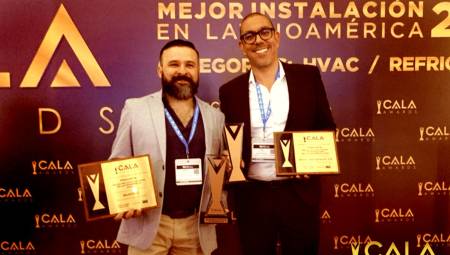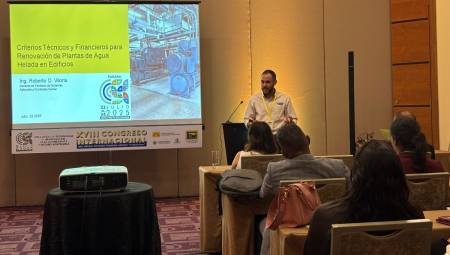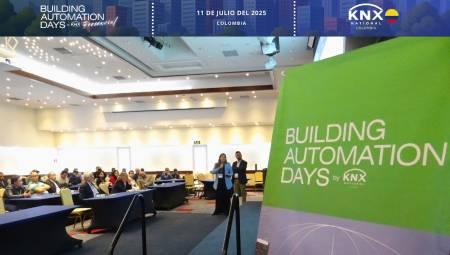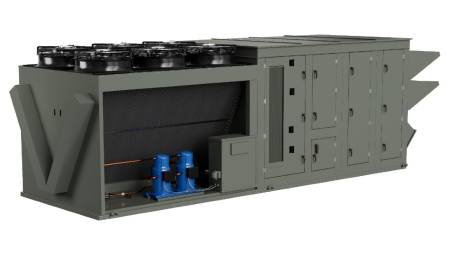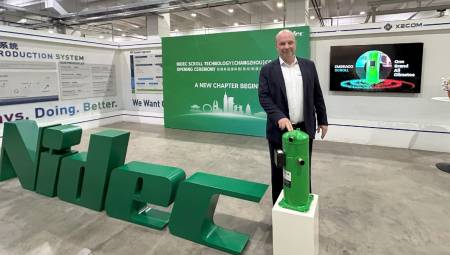Press release
Launch of the policy summary of the United Nations Standing Committee on Nutrition (UNSCN): "Climate Change and Nutrition Security – A Message to the Negotiators of the Convention"
"Climate change directly affects food security and nutrition. In addition, it affects current efforts to reduce malnutrition which remains a serious social, economic, health and livelihood challenge. He welcomed this UNSCN advocacy document for COP 16."
David Nabarro
Special Representative of the Un Secretary-General for Food Security and Nutrition
"On behalf of the UNSCN, I call on UNFCCC negotiators to consider nutrition security on the climate change agenda in a coordinated and multisectoral manner, and to act decisively on the challenges facing us."
Alexander Muller
Chairman, United Nations Standing Committee on Nutrition (UNSCN)
In its 4th report, the IPCC has noted that "malnutrition linked to extreme weather events may be one of the most important consequences of climate change due to the large number of people who may be affected." The 2009 IFPRI publication estimates that child malnutrition could increase by up to 20% by 2050 compared to a climate change-free scenario. Despite the alarming prospects, nutrition is not considered in climate change negotiations.
The United Nations Standing Committee on Nutrition (UNSCN) is the United Nations system's harmonization forum for food and nutrition policies. The UNSCN has published a policy report on climate change and nutrition, targeting the nutrition, food security, public health sectors, and UNFCCC negotiators at COP16.
This policy brief highlights how climate change further exacerbates already unacceptably high levels of hunger and malnutrition. It emphasizes that climate change will affect nutrition through different causal pathways, such as impacts on food security, sanitation and water, individual health and access to health systems, access to maternity and child care practices, and many other socioeconomic factors. For example, climate change will lead to more frequent and more intense extreme weather events, such as heat waves, droughts, storms, heavy rainfall, and the most vulnerable communities and families will suffer serious setbacks in food and nutrition security. The poorest and most vulnerable, including women, children and marginalized communities, are also most at risk of the impacts of climate change. This is due to their high exposure to natural hazards, their direct dependence on climate-affected natural resources, and their limited ability to adapt and cope with the impacts of climate change.
This report also proposes policy directions to address the nutritional impact of climate change for consideration at the 16th Conference of the Parties (COP) of the UNFCCC. The report highlights that a combination of community-driven actions on climate change adaptation and mitigation, supported by research and technological development, can reduce threats to food security and nutrition.
Nutrition interventions, such as the promotion of good nutrition and hygiene habits, micronutrient supplements for young children and their mothers and therapeutic feeding for malnourished children, and special foods, can contribute to reducing vulnerability and increasing resilience to the consequences of climate change. Climate-resilient and nutrition-friendly agriculture, efficient irrigation systems for small-scale plant breeding and micronutrient-rich food premises, or integrated agro-forestry systems and promotion of nutrient-rich forest products can help improve the nutritional quality of the family diet in a climate change situation. Short-term emergency measures such as seasonal safety nets can prevent irreversible losses of human capital, and protect the family's access to sufficient, nutritious and safe food. Improving local capacities to deal with public health emergencies and strengthening surveillance systems for infectious diseases and malnutrition can contribute to better preparedness and adaptation to the impacts of climate change.
Climate change mitigation interventions are urgently needed to reduce the current and future impacts of climate change on food and nutrition security. Mitigation measures can favour or jeopardize food security and nutrition in low- and middle-income countries, and therefore must be carefully designed. Mitigation strategies that carry co-benefits in terms of improving production and access to food, health and the environment such as sustainable food production and consumption of sustainable diets and waste reduction must be explored and expanded.
There is a growing recognition of the urgency of addressing the impacts of climate change on nutrition, as highlighted at the WHO-WFP event on 6 December. The Agriculture and Rural Development Day 2010 held on 4 December strongly recommends that "Action on food security, nutrition and hunger should be explicitly included in agreements after 2012 especially in the working group for long-term cooperative actions (AWG-LCA)". Now is the time to act and ensure food and nutrition security in a changing climate, and, as an essential first step, to integrate food and nutrition security into the AWG-LCA text.

Related Posts:
- UBV COP16 – Review of the Day 8
- UBV COP16 – Impact of Climate Change on Economies
- UBV COP16 – Ocean Acidification
- UBV COP16 – Cities Are the Focus for Climate Action
- UBV COP16 – Health and Climate Action
Authors: Val


